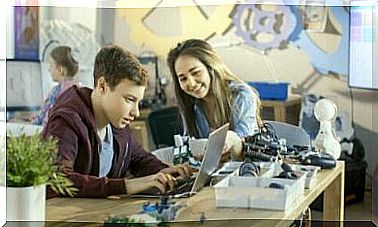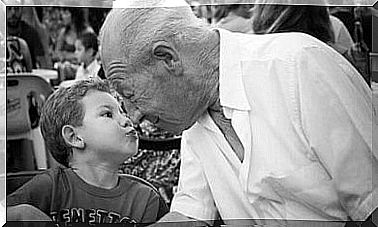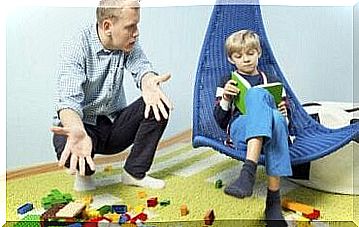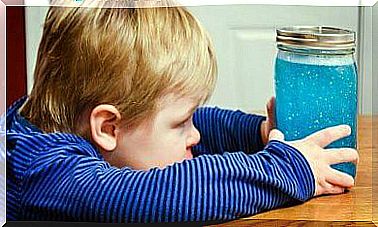What Is The Effect Of Routine In Children? – Being Parents
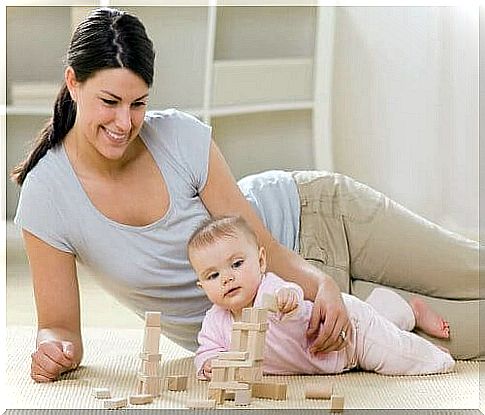
Doing the same thing every day can be boring, exhausting, and even lead to long-term levels of stress and depression. However, by encouraging routine in children we are creating habits which, over time, will form the basis of values such as discipline and responsibility.
The creation of habits is crucial for the integral development of the character of children, as well as for the strengthening of their emotions. Although routines can be seen as overwhelming, in reality they are necessary for little ones for their valuable contributions. Below we will explain some of them.
Routines are created for the purpose of promoting personal benefit. They are difficult to change once established, such as combing your hair before leaving the house or brushing your teeth after each meal. But good habits don’t always come naturally, they come with guidelines that we need to instill in our children from an early age.
When to start establishing a routine in children?
To start promoting routines in children, one should not wait too long, as it can be done practically from birth or before the age of the first year of life. If we allow a lot of time to pass, the little ones will resort to reason more and may have acquired bad habits that are difficult to change.
Establish feeding, resting and cleaning schedules for your children from an early age to help them get used to new routines to come as their daily activities increase. This will greatly facilitate their adaptation when they enter nursery, school or do extracurricular activities.
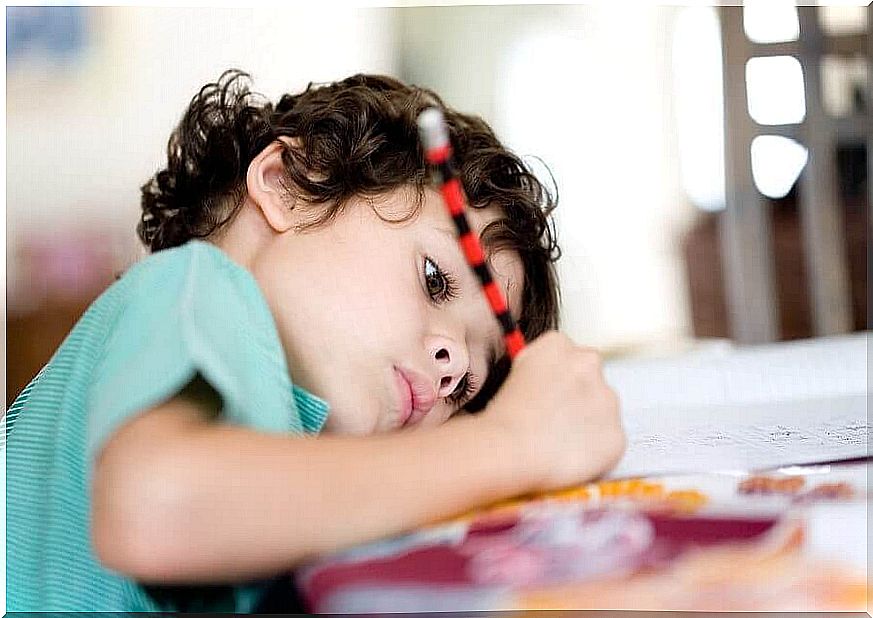
Young children copy what they see, regardless of whether it is good or bad, since they do not yet have the ability to tell the difference between one thing and another. Therefore, if you want your child to develop habits and routines, the best way to teach them is to lead by example with your daily practices.
The importance of habits and routines in children
Establishing respect for the daily routine offers a large number of advantages, among which:
- Promotes organizational habits.
- Increases and promotes the development of autonomy.
- Generates security and stability.
- Promotes an atmosphere of tranquility.
- Transforms the environment into a predictable place and, as a result, reduces levels of uncertainty and anxiety.
The first thing we need to establish for our children is diet, hygiene and sleep schedules. It is advisable to respect them daily according to the routine of the family. Then it is necessary to add spaces for studies and games in the program, not forgetting to follow the correct order.
Habits, routines and their relation to learning
Habit is in itself a learning process which implies the establishment of self-regulation and disciplinary practices favorable to integration into the education system. In classrooms, especially in preschools, children’s follow-up of routines is one of the goals of teaching.
Likewise, the creation of routines promotes the compression of spatiotemporal sequences, in addition to focusing attention on specific tasks.
They also improve planning ability, as working against daily goals allows the child to start and finish an activity effectively without forgetting anything.
Benefits of Routines in Children
Having a pre-established routine with positive habits and having the help of all family members for their training through example, will allow the youngest to know how they can act:
- Anticipate the next and manage anxiety.
- Easily adapt to different situations.
- Follow an organized rhythm of life that will be useful to them in adulthood.
- Learn that there are rules and limits to respect

Remember that children’s routines require patience, example and family work, so that at no time do they distort their educational purpose and become bad habits.
Your children have endless abilities and talents to tap into, and the more positive habits they create, the greater their chances of success.
